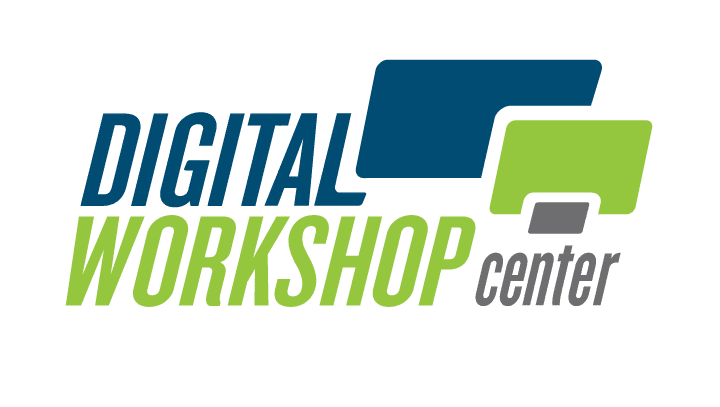10 Essential Business Soft Skills to Highlight on Your Resume

When you’re applying for a job, you may think employers care most about your technical skills: the “hard skills” that equip you to do the work. However, it’s just as important to show off your soft skills.
Soft skills are the non-technical skills that relate to how you work such as problem solving, communication, time management, and responsibility. These skills are essential for all job seekers, students, and current workers to develop and refine. These intangible abilities may be the reason you get a job over the other candidates who don’t show they have these skills.

LinkedIn’s 2019 Global Talent Trends report showed that 92% of talent professionals and hiring managers say that soft skills are just as important–or more important–than hard technical skills.
So, what exactly are soft skills, and which ones matter the most for building and thriving in your career?
What are soft skills?
Soft skills relate to how you work. They include how you interact with colleagues and customers, how you solve problems, and how you manage your work. Unlike hard skills, which can be proven and measured, soft skills are intangible and difficult to quantify. These skills are typically transferable across industries and are a necessary skill set for all job seekers, students, and current workers.
10 Essential Soft Skills to Highlight on Your Resume
1. Critical thinking is the ability to think on your feet and develop solutions to problems. Its how you develop unique ways of completing tasks and alternatives to the status quo. It shows future employers that you can bring fresh perspectives to the team. On your resume highlight times that you’ve had to make a tough decision to demonstrate this ability.
2. Communication skills encompass the a broad skill set of how you express your ideas and how you interact with others. Your communication skillset might include active listening skills, articulation skills, and empathy. Being able to communicate effectively is valuable across all industries, regardless of the job. It is essential to demonstrate what ways are effective for your style of communication.

3. Conflict resolution doesn’t just mean stepping in when your colleagues are arguing with each other. It is the combination of accounting for the various personalities on a team and looking for solutions that work well for everyone, anticipating conflicts that may arise and preventing them from coming to a head, and helping team members understand other perspectives. Highlighting how you’ve handled conflicts in the past can show employers that you are adept at this soft skill and promote harmony at work.
4. Willingness to learn is your ability and desire to grow and improve in your role. Your willingness to learn is essential because it shows that you are invested in your position. One way to highlight this skill is to describe a time when someone delivered constructive criticism and how you learned from it.
5. Leadership skills are not just for those in managerial positions. Leadership skills include delegating, accepting responsibility, and showing up as a role model and mentor. You take a vested interest in the success of who you work with and give credit where credit is due. While technical know-how in your area of expertise may help you advance in your career, in order to become a true, effective leader, you need to possess skills that go beyond knowing how to do your assigned tasks well.
6. Motivation is the ability to drive a positive result. Being able to successfully motivate yourself and others is an important skill that can lead to growth for both you and the company. If motivating others is one of your key strengths, then this is a skill that you want to make known to employers. Be sure to highlight your motivation strategies on your resume.
7. Collaboration skills are the way you work with others to achieve a common goal. Successful collaboration requires a cooperative spirit and mutual respect. You can highlight this on your resume by giving examples of projects that you worked on with a group of people and the outcome. Focus on the ways you contributed to your groups success.
8. Time management is the ability to use your time wisely and productively. You need to understand the time constraints of a project and be able to work within them. You can demonstrate this by showing how you prioritize your tasks and avoid procrastination.

9. Adaptability is the ability to change course and being able to find other ways of completing tasks and projects. This type of flexibility is useful in a variety of settings. Projects may not meet deadlines or the circumstances can change, and workers need to be adaptable in order to revise their approach and come up with other ways of tackling them.
10. Decision making is the ability to take into account the information available and being able to reach a decision that makes the most sense for all parties involved. It’s not always easy to make a decision and always please everyone. Providing examples of times when you have had to make a difficult decision and how you came to a solution shows employers that you can be trusted to make decisions as an employee.
If you are looking at this list and want to learn more about developing these essential soft skills the Digital Workshop Center created a Business Soft Skills Workshop that will encompass these soft skills, as well as so much more. Everything from personal leadership to time management to managing success will be taught by working professionals who have real world use cases to share.
This workshop consists of fourteen hours of professional training. Our instructors bring their real-world experience to teach how to improve your inter-personal skills and become a valuable team member for any company.
To learn more about the upcoming Business Soft Skills Workshop or any of our other classes, contact us to speak to a student advisor.
